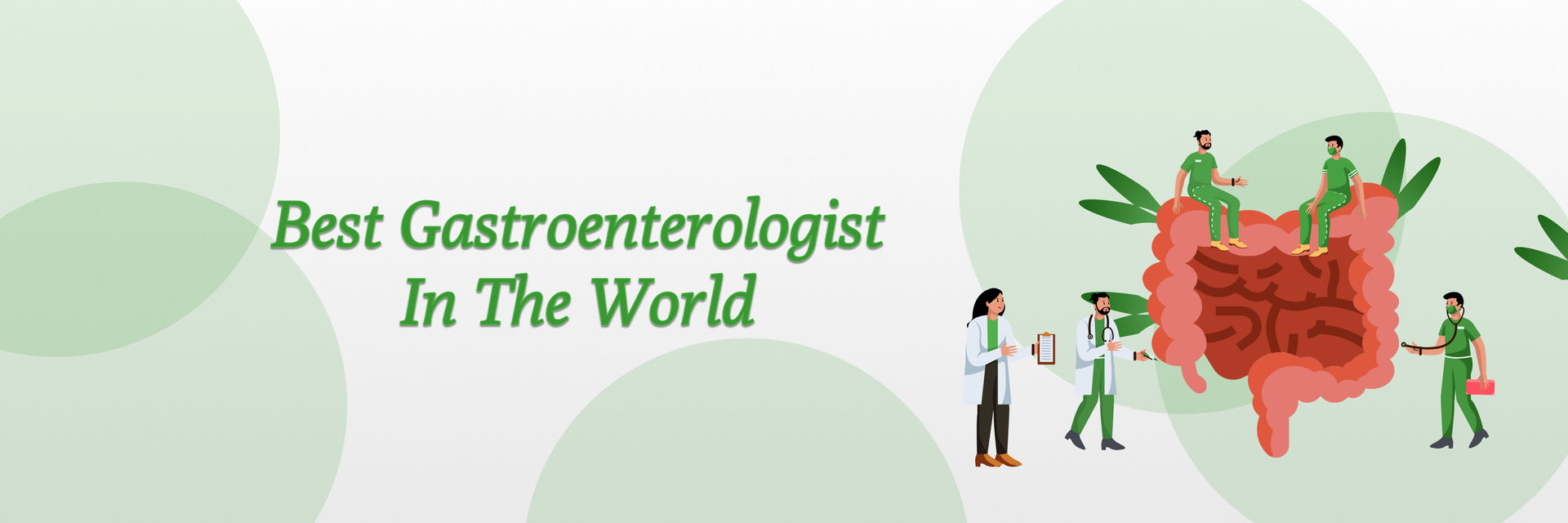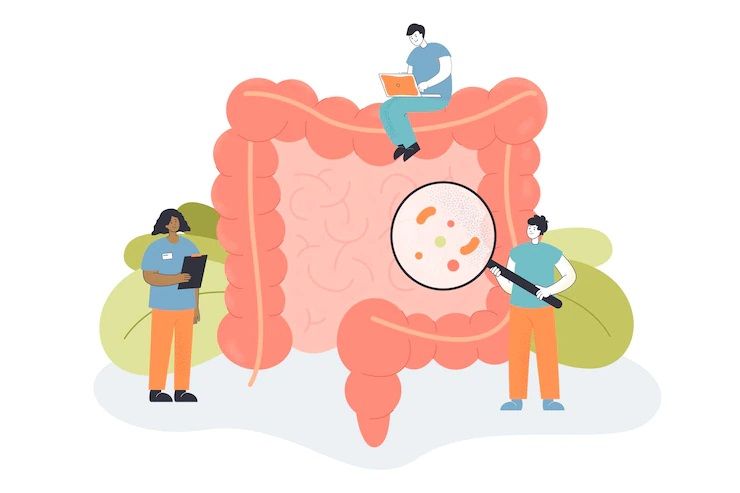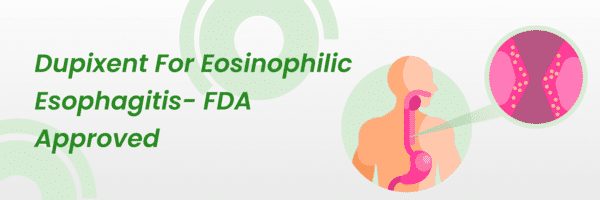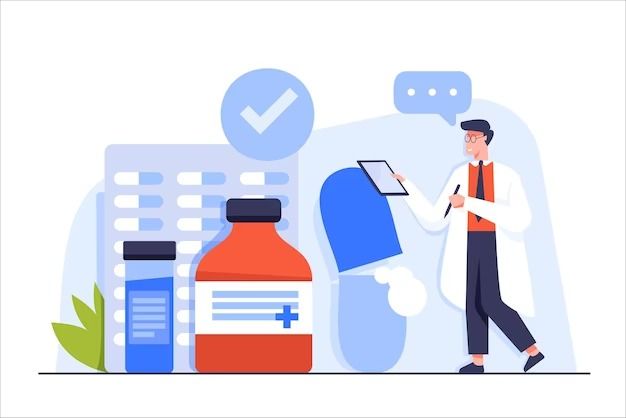Did you know your gut health could impact your mood and mental health?
This intriguing connection between your gut and brain is known as the gut-brain axis. It's a two-way communication network that links your gastrointestinal tract and brain. Recent research has shed light on this relationship, revealing that the bacteria in your gut can influence your emotions and mental state.
For instance, studies have found that individuals with a healthy gut microbiome are 32% less likely to suffer from anxiety and depression. Additionally, research shows that 40% of people with depression experienced symptom improvement after taking probiotics.
Understanding the gut-brain connection can open new pathways to managing mental health, and one promising approach involves using probiotics to support a balanced gut environment.
If you're suffering from anxiety or any issues related to mental health, consult a gastroenterologist to explore how probiotics can help!
Understanding the Gut-Brain Connection
Ever wondered why you feel 'butterflies' in your stomach before a big event? That's your gut-brain axis at work!
The gut-brain axis is a complex communication network that connects your gut and brain. This system involves various pathways, including the nervous, endocrine, and immune systems. These pathways allow your gut and brain to send signals to each other. This means your gut health can influence your mental health and vice versa.
The Role of the Gut Microbiome in Mental Health
- Microbiome Composition:
- Your gut is home to trillions of bacteria, known as the gut microbiome.
- These bacteria play a crucial role in your health, including your mental well-being.
- Neurotransmitter Production:
- Certain gut bacteria produce neurotransmitters like serotonin and dopamine.
- About 90% of your body's serotonin, which regulates mood, is produced in the gut.
- Inflammation Control:
- A balanced gut microbiome helps reduce inflammation in the body.
- Chronic inflammation is linked to mental health disorders such as depression and anxiety.
- Stress Response:
- The gut microbiome influences how your body responds to stress.
- This impact can affect your levels of anxiety and mood.
Maintaining a healthy gut microbiome is essential for supporting mental health. Considering the balance of bacteria in your gut is crucial as part of your mental health strategy.
Curious how tiny bacteria can improve your mood? Read ahead to learn more
How Probiotics Help with Mental Health
Balance of Gut Bacteria
- Restoring Balance: Probiotics are live bacteria that help maintain the natural balance of organisms in your intestines.
- Combatting Bad Bacteria: They fight off harmful bacteria, ensuring that your gut flora stays balanced and healthy.
- Improving Digestion: A balanced gut can enhance digestion and nutrient absorption, contributing to well-being.
Reduction of Inflammation
- Anti-inflammatory Effects: Probiotics help reduce inflammation in the gut and body.
- Lowering Risks: Chronic inflammation is linked to mental health issues like depression and anxiety. Reducing inflammation can ease these symptoms.
- Immune System Support: Probiotics strengthen the gut barrier, preventing harmful substances from entering the bloodstream and triggering inflammation.
Boosting Neurotransmitter Production
How Probiotics Help with Mental Health
- Serotonin Production: Probiotics can increase serotonin, a chemical in the brain that makes you feel happy and calm.
- Gut-Brain Communication: Probiotics improve gut health, which helps your gut and brain communicate better, affecting mental health.
- Dopamine Levels: Some probiotics can raise dopamine levels, which can lift your mood and ease anxiety.
- Incorporating probiotics into your diet can benefit your mental health by balancing gut bacteria, reducing inflammation, and boosting the production of important brain chemicals.
Start incorporating probiotics into your diet today and feel the difference in your mental health!
Scientific Evidence Supporting Probiotics
Overview of Clinical Studies
- Depression Improvement: Studies show that probiotics can reduce symptoms of depression. In one study, 40% of participants with depression showed significant improvement after taking probiotics.
- Anxiety Reduction: Research indicates that people with a balanced gut microbiome are 32% less likely to experience anxiety.
- Enhanced Mood: studies confirm that probiotics can enhance mood and reduce stress by supporting gut health.
Highlight Specific Probiotic Strains
- Lactobacillus: This strain is to improve symptoms of depression and anxiety by producing gamma-aminobutyric acid (GABA), which has a calming effect on the brain.
- Bifidobacterium: This strain helps reduce inflammation and improves gut barrier function, which is crucial for mental health.
- Lactobacillus rhamnosus: Known for its ability to lower cortisol levels, which helps in reducing stress and anxiety.
Incorporating Probiotics into Your Daily Routine
Natural Food Sources
- Yogurt: A staple in Indian households, homemade yogurt is a rich source of probiotics, containing strains of Lactobacillus and Bifidobacterium.
- Paneer (Cottage Cheese): Raw paneer is an excellent probiotic, especially from raw and unpasteurized milk.
- Buttermilk: Traditional buttermilk, the leftover liquid after making butter, contains various probiotic bacteria.
- Dhokla: This fermented Indian dish is a delicious source of probiotics.
- Idli and Dosa: These South Indian staples are made from fermented rice and lentil batter, providing a healthy dose of probiotics.
- Pickles (Achaar): Indian pickles undergo fermentation and sun-drying, which can contribute to their probiotic content.
Probiotic Supplements
- Convenience: Probiotic supplements are an easy way to ensure you're getting enough beneficial bacteria daily.
- Targeted Strains: Supplements can provide specific strains like Lactobacillus and Bifidobacterium that benefit mental health.
- Capsules and Powders: Available in various forms, supplements can fit into your routine.
Start adding probiotic-rich foods or supplements to your daily routine and experience the benefits for your mental health! schedule your appointment now.
Potential Side Effects and Precautions
Possible Side Effects
- Digestive Issues: Some people may experience bloating, gas, or diarrhoea when first taking probiotics.
- Infections: Rarely, probiotics can cause infections in individuals with weakened immune systems.
- Allergic Reactions: Some probiotic supplements contain allergens, so check labels before you have them.
If you experience any persistent side effects or have underlying health conditions, consult your specialist or Get in touch with us before starting probiotics!
Conclusion
Probiotics can significantly improve your mental health by balancing gut bacteria, reducing inflammation, and boosting neurotransmitter production. Clinical studies support their benefits, particularly strains like Lactobacillus and Bifidobacterium. Incorporate probiotics into your daily routine through foods or supplements, and maintain consistency for the best results. But, be aware of potential side effects and consult a healthcare provider if needed.
Reference:
https://www.ncbi.nlm.nih.gov/pmc/articles/PMC7257376/
https://bmcpsychiatry.biomedcentral.com/articles/10.1186/s12888-023-04963-x






